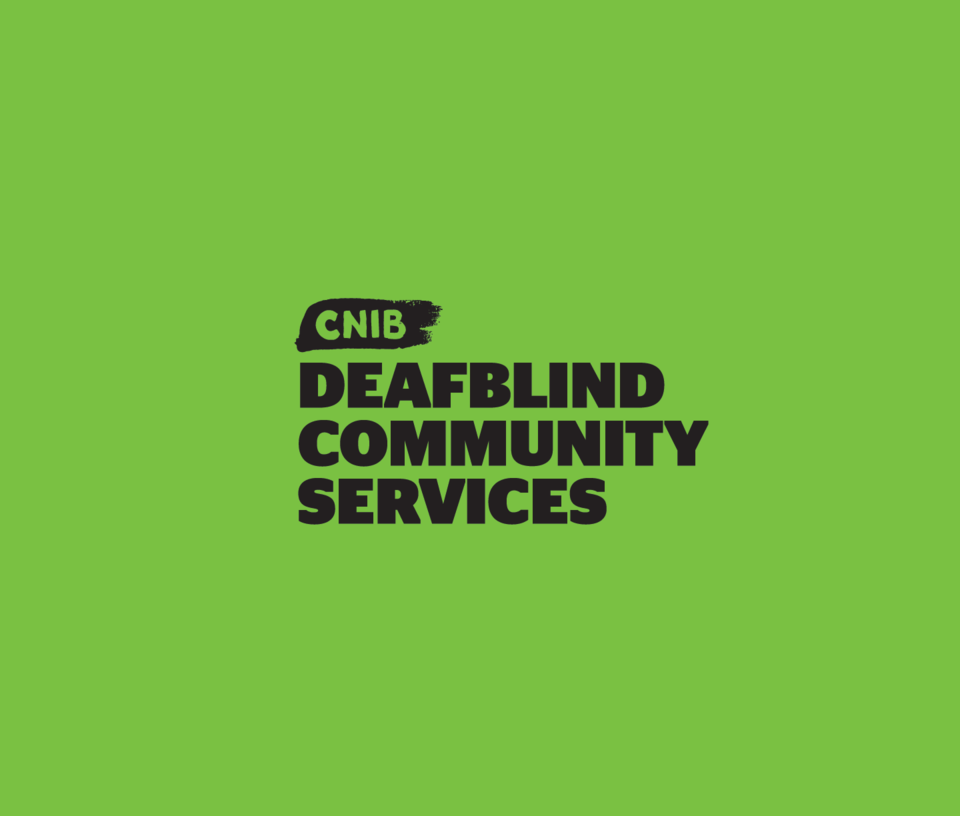Life is set to be easier for deafblind people in Saskatchewan. A new service will soon be on offer in the province by CNIB Deafblind Community Services, marking the first time it has been offered outside of Ontario. The Government of Saskatchewan is now going to fund Deafblind Community Intervenor Services in the province.
Sherry Grabowski, executive director of CNIB Deafblind Community Services, explained that having the service offered in Saskatchewan is a significant advance to fill a gap in service the acquired deafblind population across Canada.
“This is pretty significant in the history of our organization, that we’re now offering services outside of Ontario, and the Saskatchewan government has been the first province to step forward and fill this gap.”
But what are Intervenor Services? Grabowski explained it as a way to help Deafblind people continue to participate in their community after vision and hearing loss. They have a sighted guide that helps them through appointments, recreation and regular needs like grocery shopping. The guides communicate to explain their surroundings, as well as providing transportation.
Grabowski uses the example of grocery shopping and going to medical appointments.
“We would pick up the Deafblind person at their home. We would be going to the grocery store, giving a visual of how the grocery store is set up. We would be assisting the individual with their grocery list, so if they were looking for the butter, we would be assisting to find the butter, we would explain the different types of butter, and they would choose their butter, they would make the payment, and they would carry their groceries to the car, just like you and I would. Then we would proceed to a medical appointment where we would go into the doctor’s office, we would describe the waiting room to the individual, and then we would go into the doctor’s appointment with that Deafblind person and we would provide that communication between the doctor and their patient.”
Grabowski said that the service is critical, and there are already a potential 151 clients in the CNIB database. She said that there are 1-2 per cent of the Canadian population who have significant hearing and vision loss.
This will be the first year of the service, and funding will be provided for a single intervenor, who will help clients 3-6 hours per week. Grabowski said they will start off small, with 4-6 clients, but as the service expands, they hope to be able to expand the service and hire more intervenors.
For more information on the service, call the Regina office at 306-525-2571.



